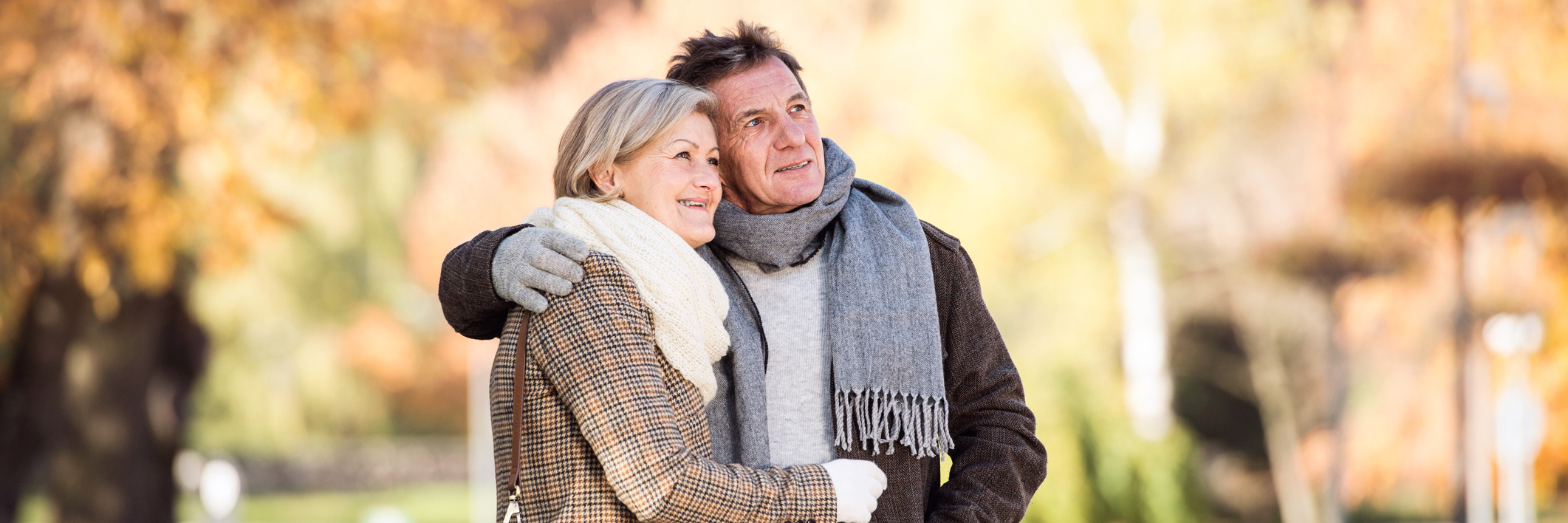This is something I am struggling with at the moment and I wonder how everyone else manages this.
I am 68. I have been ill for three years now. It isn’t what I had planned for my life but illness isn’t what anyone wants nor expects in their life. I am no different to anyone else who has chronic illness in that respect.
In my working life I had a professional occupation with significant responsibilities. I led a staff of 12. I was a leader, a manager, a supervisor and initiated many different projects. I was able to make decisions with ease. I was perceived as strong, assertive and quite creative. I was very good at my profession. I was quite independent. I knew my own mind.
Now, I am having to learn to be dependent! It is a total reversal of the role I had when I was working. Our marriage was a team… we always shared decisions, talked things through. I was always quite decisive. I preferred to make a decision even when it didn’t turn out right rather than just procrastinate. But now, it’s not so much a team. He is a carer and I am the one being looked after.
I can’t make decisions any more. I don’t feel confident any more. I have become indecisive about even little things. I have to rely on my husband now. For an adult who has always been independent to become someone who is so dependent, life certainly has changed.
I have to accept I am often unable to drive. I am often unable to cook or do housework. I have to ask for things around the house to be done, whereas previously, I would just do them myself. I miss my independence. I miss the old me. I haven’t found the proverbial “silver lining” in this situation yet.
There has been a study in the UK on this loss of self and dependency on others in the chronically ill. It asserts that this can be a major hurdle for those of us who experience chronic illness. It found that chronic illness can lead to a loss of self that is compounded by leading a restricted life, by experiencing social isolation and burdening others. All three of these factors definitely impinge on me! No wonder I struggle with this dependency.
I have described my former self when I was working. But I am not that person anymore. The circumstances of my chronic illness have eroded the me I once was. I do now lead a restricted life. Those restrictions have also led to social isolation which aggravates the restrictiveness of my life. I try very hard to maintain relationships but friends are slowly dropping off the radar. I am just not able to maintain the usual meeting up for coffee, or the visits to see one another or the outings to the movies. I don’t have the energy. I physically cannot do such normal things anymore. If I do try, by pushing myself, I very often cancel at the last minute and this then compounds the isolation. It’s like a vicious circle of events.
I spend a huge amount of time on medical appointments. All these medical appointment are in themselves contributors to further isolation because they identify you as different to your friends and family. It sets you apart. I am mostly dealing with and managing my illness at home, often on my own, and because of this constant need for medical attention, it just further emphasizes the difference and the illness. Family and friends can become weary of all this, just as I do myself. This can further isolate you both emotionally and physically. Many just don’t want to hear about it… and I actually don’t want to talk about it all the time either. It is what it is.
I am really lucky as I have a loving and supportive husband. He is so tuned in to me that he can tell from my behavior when I am not very well. He cares enough to keep a close eye on me and he understands my illnesses nearly as well as I do. He is happy to be my carer.
I don’t think he really gets the frustration I feel with losing so much independence. Bless his heart, he really cares, but there is a fine line between caring and smothering. I need to keep as much independence as I can!
We want to hear your story. Become a Mighty contributor here.
Thinkstock photo via Halfpoint.

